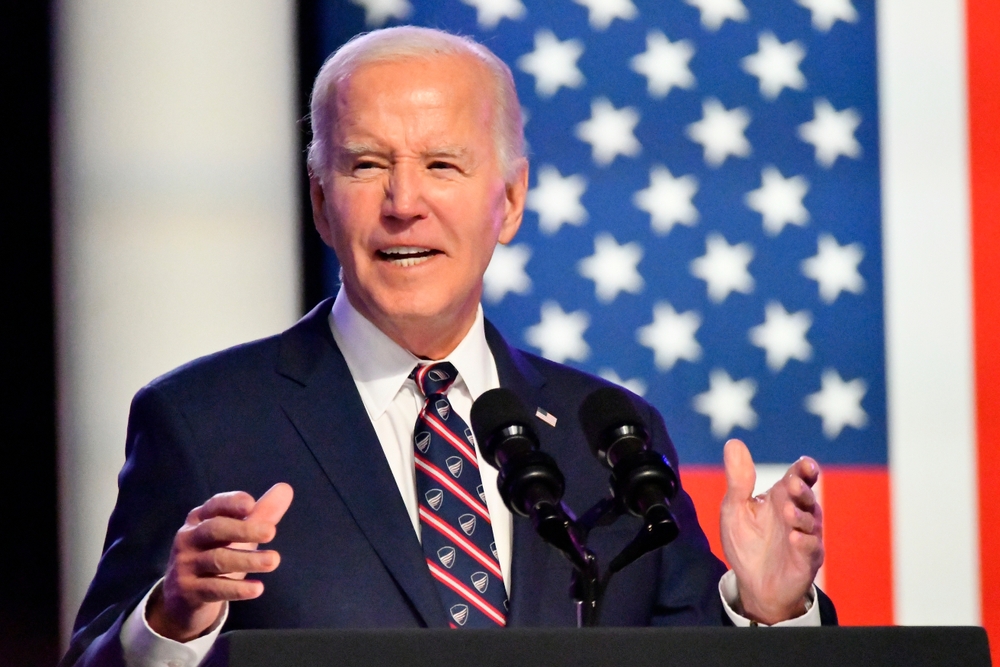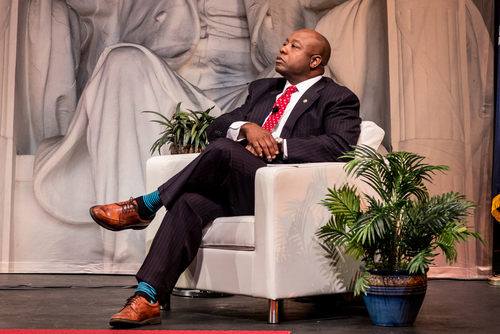
Trump’s Trade Plans Help Workers, Upset Global Markets
Listen To Story Above
Trump’s economic policies have been a cornerstone of his political identity since his emergence on the national stage in 2015. While other issues have divided Americans along party lines, his economic approach has managed to draw support from both Republicans and Democrats.
His administration’s economic strategy centered on three main pillars: cutting regulations, reducing taxes, and revamping trade agreements. The White House maintained that these policies would stimulate business expansion and job creation, which appeared to be working as unemployment reached historic lows prior to the COVID-19 crisis.
President Trump reveals his plan for tariffs: “I may give a lot of countries breaks, but it's reciprocal, but we might be even nicer than that. You know we've been very nice to a lot of countries for a long time.”
pic.twitter.com/0EvqVpXRJe— Proud Elephant 🇺🇸🦅 (@ProudElephantUS) March 24, 2025
Among Trump’s most contentious economic decisions was his confrontational approach to China on trade matters. His administration implemented extensive tariffs on Chinese imports, claiming that existing trade arrangements undermined American economic interests. This resulted in reciprocal actions from China, creating ripple effects across multiple sectors of the economy.
The former president consistently defended these measures as necessary steps to restore fairness in international trade. However, his critics argued that the tariffs ultimately increased costs for American consumers and damaged relationships with important trade partners.
Trump’s economic message particularly resonated with blue-collar workers who felt marginalized by global trade policies. His focus on revitalizing American manufacturing and promoting economic patriotism proved especially effective in securing support throughout the industrial heartland.
#WATCH: Donald Trump says Doug Ford capitulated in less than an hour after learning of U.S. retaliation plans.
Canadians must realize we can't win a trade war with an economic superpower. Thinking otherwise is delusional! pic.twitter.com/uXCPBOUhYm
— govt.exe is corrupt (@govt_corrupt) March 12, 2025
Following the pandemic-induced economic downturn, Trump highlighted the recovery of the stock market and economic growth as evidence of his policies’ effectiveness. His advocates noted that even his successors maintained several aspects of his economic framework, particularly regarding tax policy and trade relations.
Regardless of where one stands on Trump’s economic decisions, their influence on American politics is undeniable. His distinctive approach to regulation, taxes, and international trade has transformed how both major political parties address economic policy, ensuring these issues remain central to political discourse for the foreseeable future.




